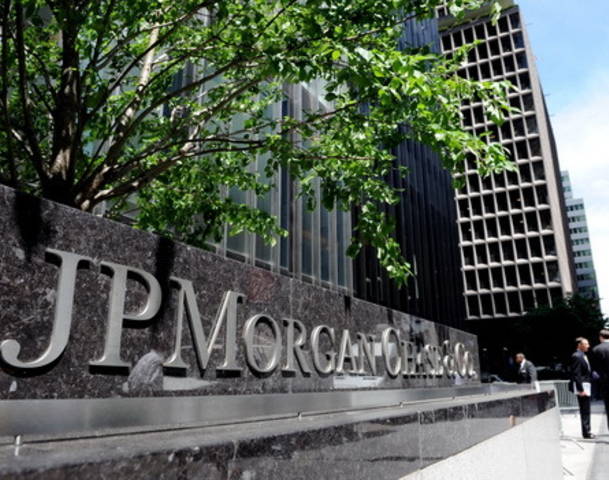Foreign banks seek to bolster subsidiaries
 0 Comment(s)
0 Comment(s) Print
Print E-mail China Daily, May 29, 2012
E-mail China Daily, May 29, 2012
 |
|
JPMorgan Chase Bank has received approval from the China Banking Regulatory Commission to open a branch in Suzhou, a city in Jiangsu province. [File Photo] |
As China further opens its financial system, foreign banks are standing in line to inject capital into their Chinese businesses as they try to gain larger market shares and meet stricter regulatory standards.
The locally incorporated bank of JPMorgan Chase Bank has received both 2.5 billion yuan ($394 million) in capital from its parent company and approval from the China Banking Regulatory Commission to open a branch in Suzhou, a city in Jiangsu province.
"These moves marked a significant milestone in the strategic development of our Chinese business, further strengthening our capacity to serve our clients in China," said Shao Zili, chairman and CEO of JPMorgan China.
With the new money, the local incorporated bank now has 6.5 billion yuan in registered capital.
"The additional capital will better position the bank in the evolving regulatory environment," Shao said.
The money will go to adding branches to the bank's network, developing products, increasing corporate lending and recruiting employees, the bank said.
Shao said the company's new branch in Suzhou will be a strong addition to its banking system.
Since it formed its locally incorporated bank in 2007, JPMorgan China has opened branches in Beijing, Shanghai, Tianjin, Guangzhou, Chengdu and Harbin.
A source from the company, who declined to give his name, said the injection of money was also meant to ensure the company's China subsidiary can always meet regulatory requirements.
The China Banking Regulatory Commission is working to adopt criteria that are in accordance with new global standards set by the Basel Committee on Banking Supervision. The capital adequacy ratio standard for large banks has been set at 11.5 percent, and that for non-systemically important banks at 10.5 percent.
Foreign banks have been injecting money into their locally incorporated Chinese units to guarantee they have enough capital to both expand and meet stricter regulations.
On May 15, the Australia and New Zealand Banking Group Ltd announced a plan to invest 2 billion yuan in its China subsidiary.
Last November, HSBC Holdings Plc became the first foreign bank allowed to inject yuan into a local unit when it put 2.8 billion yuan into its China subsidiary, bringing that unit's registered capital to 10.8 billion yuan.
JP Morgan, the largest US financial company measured by assets, has been struggling after bad trades recently helped shave more than $25 billion off its shareholder value.
"It is too early to say anything definite about the troubles of JP Morgan or any other institution that may see large losses," said Masamichi Kono, chairman of the Technical Committee of International Organization of Securities Commissions.






Go to Forum >>0 Comment(s)